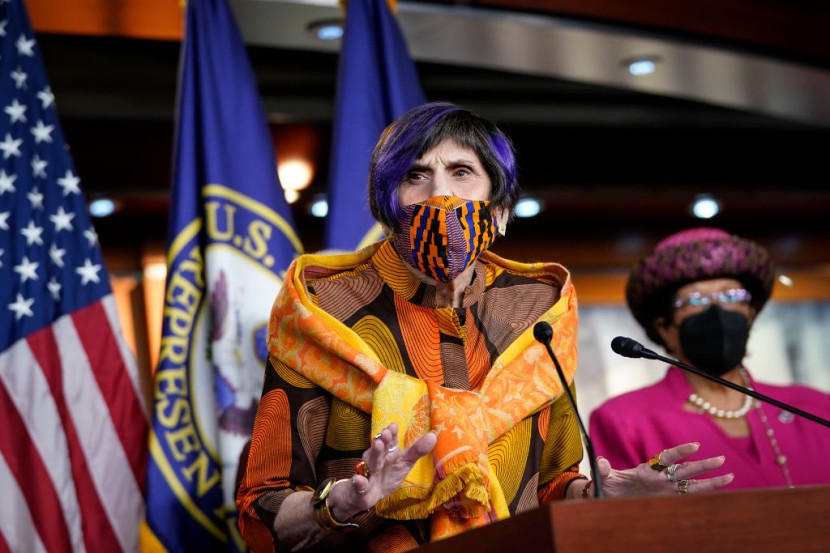The House of Congress passed legislation on Thursday to address the gender pay gap discrimination in the country. Lawmakers from the House of Congress approved the bill titled "Paycheck Fairness Gap Act" with a vote of 217-210 on Thursday. It aims to reduce gender-based discrimination and increase employer's accountability, according to a recently published article on The Hill.

Paycheck Fairness Gap
The bill first passed the U.S. Congress two years ago, but it did not get the majority votes of the Republican-controlled House of Senate. Even though Democrats already passed the bill in the House, it is still not clear if they will have the support of the Republicans in the House of Senate.
Democrats are hopeful that this will get the attention and votes from the Republican lawmakers in the House of Senate, and if this will happen, this will help many women who work in different industries.
IRS To Start Monthly Payments of Child Tax Credit in July
What is Inside the Legislation?
According to a published article on The Wall Street Journal, employers would be limited to justify pay differentials if the bill becomes a law. This includes education, training attended, experience in the industry, and they will also be prohibited to ask the previous salary of the applicants, specifically women.
Furthermore, the newly passed bill in the House of Congress also required the Labor Department to establish a grant that provides training and seminars in negotiation skills, according to a recently published article in the Court House News.
Democratic Representative Rosa DeLauro, who first introduced the bill in 1997, said that the bill's measure and language would help close the gender pay gap, which has long been an issue.
She said during the House floor debate, "I cannot tell you how difficult it has been to break through on something so simple, men and women in the same job deserve the same pay."
IRS To Issue Tax Refunds in May, Here's What You Should Know
Data that Supports the "Paycheck Fairness Gap"?
According to the Bureau of Labor Statistics, women earned about 82 percent of what men earned in 2020. The disparity is much greater for women of color: Black and Latina women with a bachelor's degree earn 65 percent, while Black women with an advanced degree earn 70 percent than white men with the same education rating.
However, Republicans cautioned that the legislation's provisions would be too burdensome for employers and would primarily help to inspire a slew of litigation. They also mentioned that some of the gender wage disparity could be due to women preferring jobs with more flexible hours to spend more time with their families.
On the other hand, Republican Rep. Elise Stefanik offered an alternative to the bill that protects employers from liability and determines if there are pay gaps among its workers. But it was rejected with a vote of 183-244.
The big challenge right now for the Democrats is how the legislation will pass in the House of Senate. They need to get ten votes from the Republican senators, but there is no indication until today if lawmakers from the GOP will support the bill.








